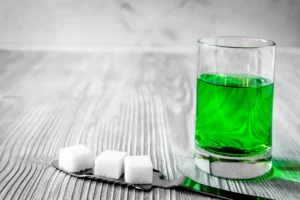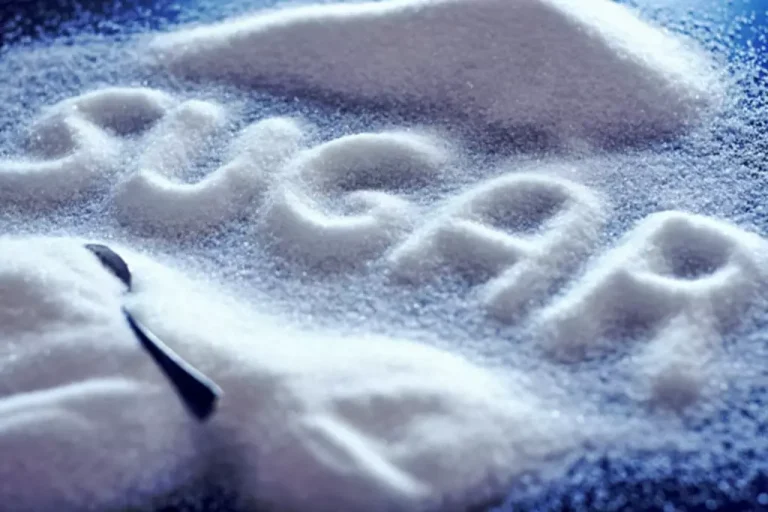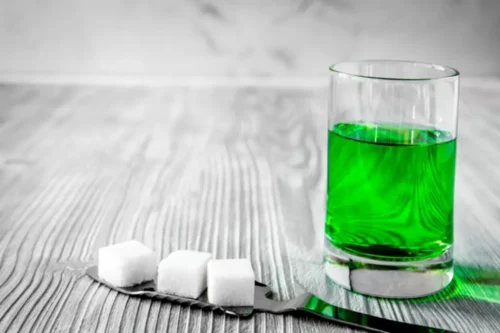
This is likely due to alcohol’s ability to dilate blood vessels, leading to increased blood flow and visible redness. Chronic alcohol consumption can exacerbate these symptoms, making the management of rosacea more difficult for sufferers. One of the primary ways alcohol affects the skin is through dehydration. Alcohol is a diuretic, meaning it increases urine production and leads to the loss of fluids and essential electrolytes. This process strips the skin of necessary moisture, leading to dryness and flakiness.
Dark Liquor
These ingredients help calm the skin and reduce inflammation, providing a protective barrier against potential damage. Drinking plenty of water before, during, and after alcohol consumption helps counteract its dehydrating effects. Incorporating hydrating foods such as fruits and vegetables into your diet can also aid in keeping your skin moisturized. Medical addiction treatment programs offer comprehensive care for individuals struggling with alcohol addiction.

Short-term effects
This exacerbation can lead to more severe flare-ups and discomfort for those with eczema. Alcohol can trigger an inflammatory response in the body, which can lead to redness, swelling, and irritation of the skin. This can exacerbate existing skin conditions like rosacea and eczema. Free radicals are unstable molecules that can damage cells and accelerate the aging process. They can break down collagen and elastin, two proteins that are essential for maintaining youthful-looking skin. Psoriasis is another skin condition that has been linked to alcohol consumption.
For dull skin
Drinking alcohol is linked to cancer of the mouth, throat, voice box, and esophagus. Research shows alcohol use also may be tied to the most common types of skin cancer. Your body works to repair DNA damage caused by the sun, but alcohol can interfere with that process. A person who is worried about the amount of alcohol they consume, or has trouble managing their alcohol intake, can contact a doctor or local support group to help with treatment.
Long-Term Effects of Alcohol on the Skin

Seeking Alcoholics Anonymous help for addiction may feel daunting or even scary, but several organizations can provide support.

In addition, swelling of the parotid gland may be a result of chronic alcohol use. Small numbers of spider telangiectases are seen in healthy children and adults. They are more common in women, especially during pregnancy, as they are influenced by the female =https://ecosoberhouse.com/ hormone, oestrogen. For people living with AUD, or people who are worried about their intake of alcohol, help and support are available. People of East Asian descent are more likely to be affected by facial flushing relating to alcohol.

It can also exacerbate existing skin conditions and make them more difficult to manage. Additionally, alcohol is a diuretic, meaning it increases urine production and can lead to dehydration. Dehydration can cause your skin to become dry, dull, and less elastic. Alcohol consumption can contribute to inflammation in the body, which can exacerbate skin conditions such as rosacea and chronic dermatitis. how alcohol affects your skin However, moderate consumption of certain types of wine, which contain antioxidants like flavonoids, resveratrol, and tannins, may have an anti-inflammatory effect on the body. These antioxidants help combat free radicals and signs of aging, contributing to healthier skin.
- However, prolonged alcohol use can cause other complications that affect the skin, such as liver disease.
- Transient flushing is also a common side effect of alcohol, particularly in heavy drinkers.
- It may sound like an obvious one, but one of the most important things you can do to help your skin is to drink enough water.
- However, moderate drinking while taking a prescription ED medication like Cialis is likely safe — though you might experience a worse hangover than usual.
- It also causes oxidative stress, damaging skin cells and accelerating the aging process.
- These programs provide a safe and supportive environment for detoxification and withdrawal management.
Drinking Dehydrates and Inflames Skin
This condition is a chronic form of eczema, primarily appearing in parts of the body that have a high oil production. Seborrheic dermatitis can develop at any age and is a reaction to excess yeast in the body. Both oversleeping and undersleeping can make your skin become duller or paler. This leads to your blood vessels and other tissues under your skin to become more visible.


Los comentarios están cerrados.